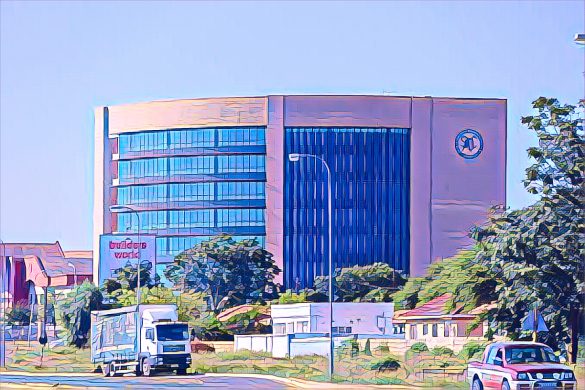The Citizens’ Coalition for Change (CCC) is ramping up pressure on the Southern African Development Community (SADC) to address the controversial outcome of Zimbabwe’s 2023 general elections. As the regional bloc prepares for its annual summit in Zimbabwe this August, CCC’s de facto administrator, Jameson Timba, has made a vehement call for decisive action. This appeal comes amid ongoing claims by the CCC, supported by various domestic and international observers, that the elections were unfairly manipulated in favor of the ruling Zanu PF party.
The Call for Electoral Justice
During a press briefing at the conclusion of a CCC National Assembly meeting in Harare last week, Timba described the election results as a “charade” and “illegitimate.” He emphasized the critical need for SADC to take a stand during its upcoming summit, reflecting the urgency and gravity of the situation as perceived by many within Zimbabwe.
Timba’s statements resonate with a broader sentiment among opposition supporters and neutral observers alike, who have criticized the role of state institutions and the Zimbabwe Electoral Commission (ZEC) in the electoral process. According to Timba, these entities have actively obstructed the democratic process, depriving Zimbabwean citizens of their right to select a leader through a free and fair contest. He highlighted the extraordinary lengths to which Zimbabweans went to exercise their voting rights, with some staying in queues until 4 AM, only to face what they believed was a predetermined outcome.
Anticipation and Expectations for the SADC Summit
The upcoming SADC summit, which President Emmerson Mnangagwa is slated to host and at which he will assume the rotational chairmanship, is being viewed as a pivotal moment for the region. The CCC is not alone in its demands; a wider community of Zimbabweans and international observers are keenly awaiting SADC’s response to the allegations of electoral fraud.
Mnangagwa’s administration, meanwhile, insists that the elections were conducted transparently and fairly, dismissing the opposition’s claims as baseless. This stance sets the stage for potentially significant diplomatic discussions during the summit, with the CCC pushing for the regional body to nullify the election results and ensure a rerun under more stringent and transparent conditions.
Looking Forward: Implications for Regional Stability
The CCC’s challenge to the SADC comes at a time when the legitimacy of electoral processes is increasingly under scrutiny across Africa. The outcome of the SADC summit could set a precedent for how regional bodies handle allegations of electoral misconduct. A decisive SADC response could either bolster confidence in regional democratic mechanisms or, conversely, highlight the challenges facing electoral integrity in Southern Africa.
As the summit approaches, the international community remains watchful. The decisions made and the actions taken—or not taken—by SADC could have far-reaching implications, not just for Zimbabwe, but for the perception and effectiveness of regional cooperation in addressing democratic governance and electoral disputes.
Source: New Zimbabwe


